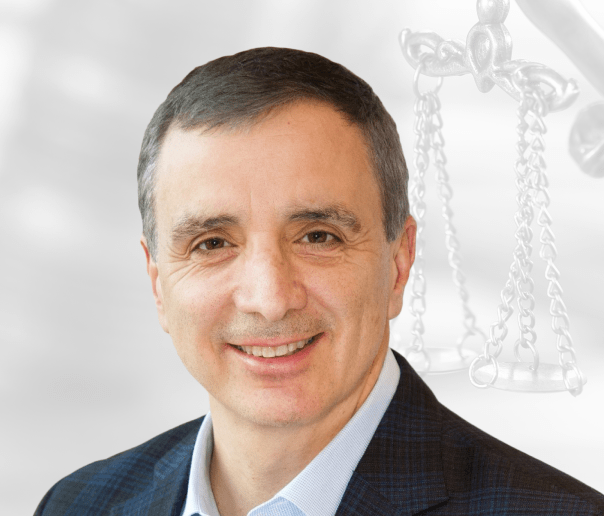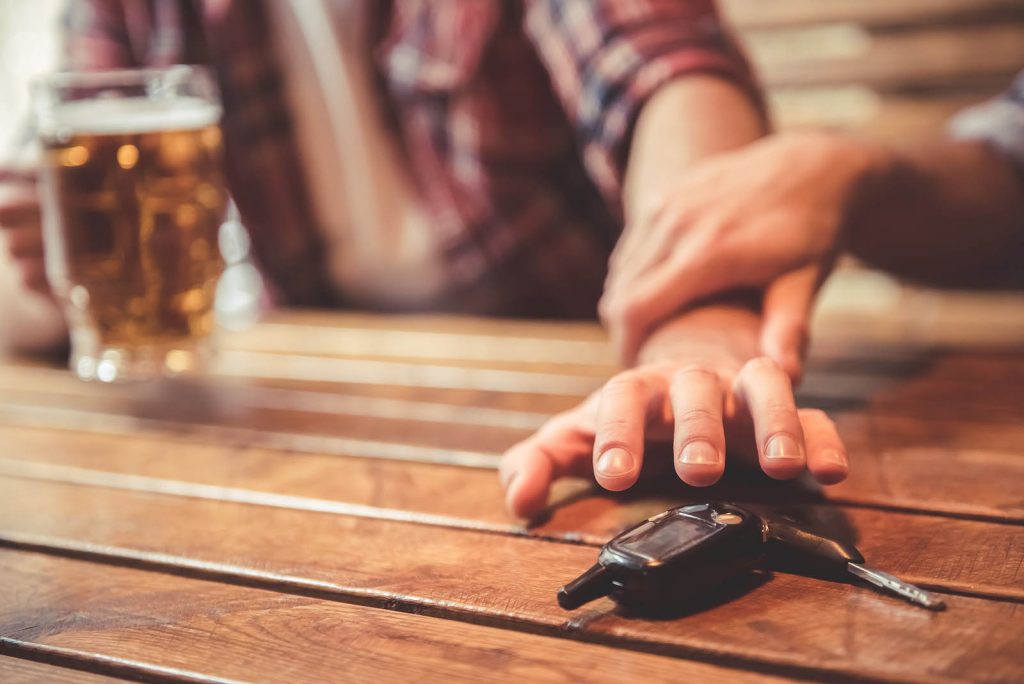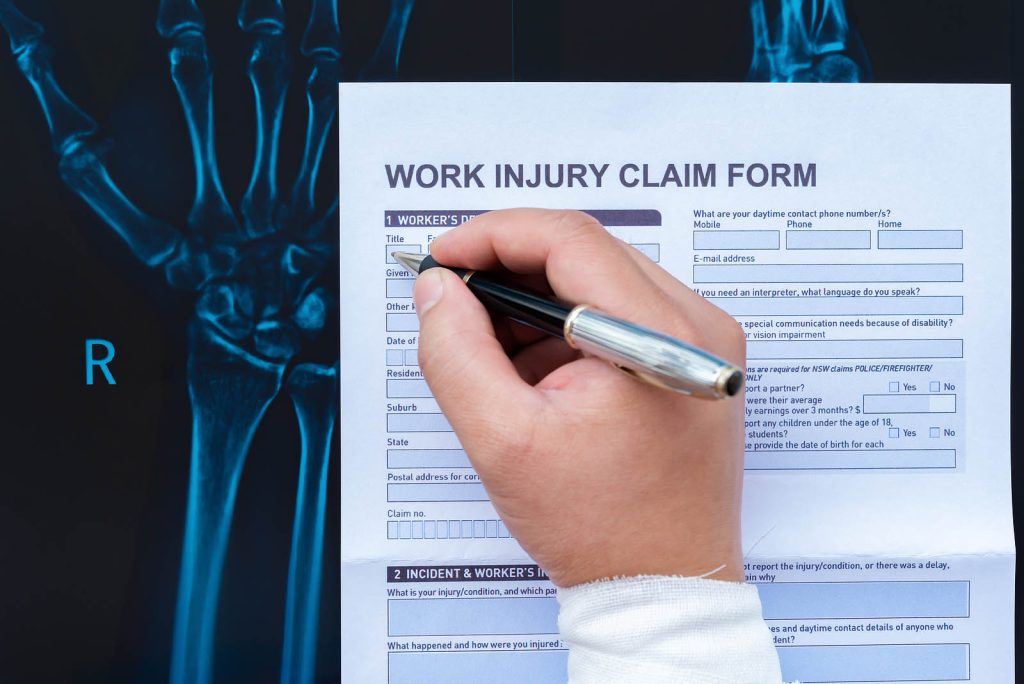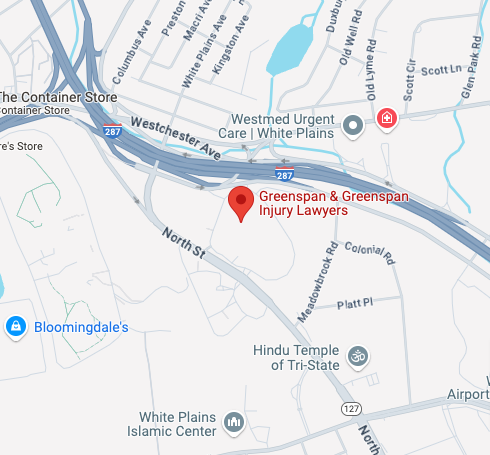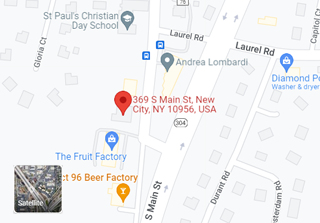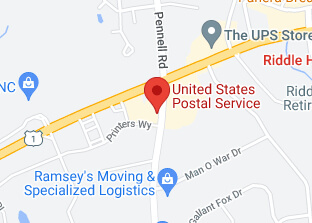In an automobile-dependent culture, it’s a major step to take away someone’s car. After all, the mobility that a car provides is a key building block for full participation in society.
Nonetheless, Westchester County has moved forward with a DWI forfeiture law that allows police to seize the vehicles of anyone convicted of a specified drunk driving offense. It took effect on December 15 of last year on county roadways and extends even to first-time offenders.
The law applies to a number of different driving-related offenses, including:
- Driving while intoxicated ( DWI)
- Aggravated DWI
- Driving while ability impaired (DWAI)
- Driving while under the influence of drugs (DWAI-Drugs)
The forfeiture law also applies to drag racing and speed contests.
Hard-Fought Back Story to the New Law
Westchester legislators claim they planned carefully and did their due diligence. One legislator, Pete Harckham, even put out a YouTube video, in an attempt to smooth over concerns about the law.
In the video, Harckham asserts that proper protections were built into the law: No forfeiture until conviction; no forfeiture for the cars of innocent owners that were being driven by others; and no forfeiture in cases where that would create an economic hardship for the family.
Westchester County did not put these protections and safeguards in place without careful consideration. For many years, DWI forfeiture laws in Suffolk County, Nassau County and other New York counties were the subject of intense litigation–raising changes about due process and unconstitutional search and seizure.
But despite careful planning, only time will tell how these would-be protections hold up in practice. How a law is written and how it is actually enforced can be two different things. That’s where a strong defense attorney comes in, to make sure that the legal protections are honored and implemented.
Making Sure the Protections are Real
It is important to remember that the forfeiture law is not a blank check to law enforcement to seize vehicles. The police cannot do this before the owner has actually been convicted of a driving offense. And they also cannot do it to an “innocent owner”–someone who had no actual knowledge that his or her vehicle would be used in a drunk driving incident.
Under the “hardship” rule, the forfeiture law also does not apply in cases where the defendant can show an unwarranted burden on the ability to travel to employment, school or medical treatment.
Westchester DWI defense attorneys are preparing to protect their clients’ rights in the face of the new forfeiture law. Attorney Mike Greenspan of White Plains is cautioning clients that court dockets in Greenburgh, Yonkers and other high-volume areas may be extra busy. No matter how long the wait, however, it makes sense to have an experienced defense lawyer in your corner.

